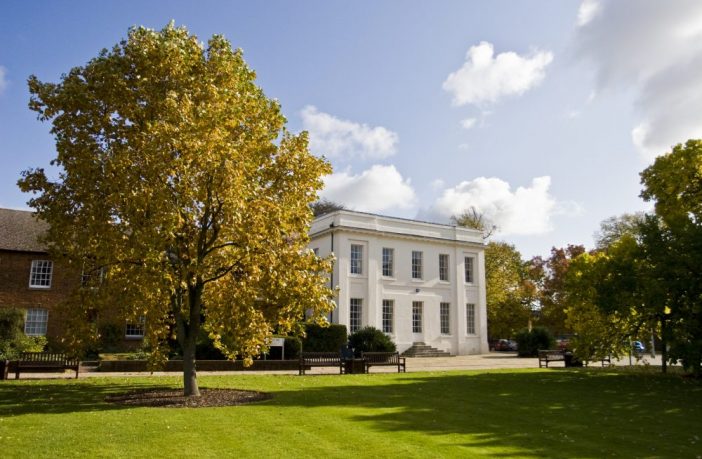Following the vote to leave the EU, the Vice-Chancellor of The Open University, Peter Horrocks, has highlighted the important role the OU continues to play. While it will take some time for the full details and potential impact of the UK’s withdrawal from the EU to become clear, Mr Horrocks has written to staff :
“Such a convulsive national event will take the university and our own lives into unknown territory. I believe this is a time when universities, their capacity for thinking and their values will be required more than ever. At a time when many voters are expressing their anger at their economic and social lot, what this university stands for and what it can do for individuals and society is deeply needed.
“Our values are to be inclusive, innovative and responsive. By holding true to those values and calmly thinking our way through this unprecedented situation we can hold steady and play our part.”
Frequently Asked Questions
This is an evolving situation, and the following FAQ will be updated as more details are confirmed.
What does this mean for students?
We do not expect this result to have any immediate impact on students. The OU will continue to provide the same level of support to students and prospective students, and they should not notice any difference in the short term. As the details and wider implications of the UK’s withdrawal from the EU become clearer in the coming months, we will naturally keep our students informed of what impact – if any – the new regime will have on the university sector.
Will current students notice any change in their funding arrangements?
We do not expect there to be any changes to the existing fees and funding arrangements while the UK conducts its exit negotiations with the EU. While it is too soon to say what the longer-term implications of this decision will mean for the sector, we will continue to make the case to government for ongoing and improved support for part-time study.
What does this mean for international students?
The Open University is a highly respected centre of learning and an Open University degree is equivalent to a degree from any other UK university. We are a member of the 48 nation European Higher Education Area. Membership ensures more comparable, compatible and coherent systems of higher education in Europe. Any changes to this as a result of Britain’s exit of the EU are not at this stage anticipated although we will be monitoring the situation carefully.
The fees for the 2016/17 academic year have been published and will remain unchanged, as does our high quality study experience. It is anticipated that there will be no immediate changes and we continue to welcome international students to study with us.
Once the Government triggers Article 50 of the Lisbon Treaty there will be up to a 2 year period of negotiation. We will monitor the situation carefully and keep any changes under review. Please note that our fees are reviewed annually and any changes will be reflected in the 2017/18 academic year fees.
What does this mean for the OU’s research?
Research is a key part of the OU’s work, driving forward knowledge, developing solutions to real-world problems and underpinning our curriculum. In common with other universities, some of this research is supported by European funding programmes. We will be working with colleagues across the sector to provide clarity as soon as possible on the impact of the referendum on our research portfolio.
What does this mean for the OU’s operations across the UK?
The Open University is proud to be a four-nation institution, operating across all UK nations as well as internationally. It will take some time for the broader political impact of the leave decision to become clear, but we know we will need to respond to this. We will keep students informed as the situation becomes clearer.



